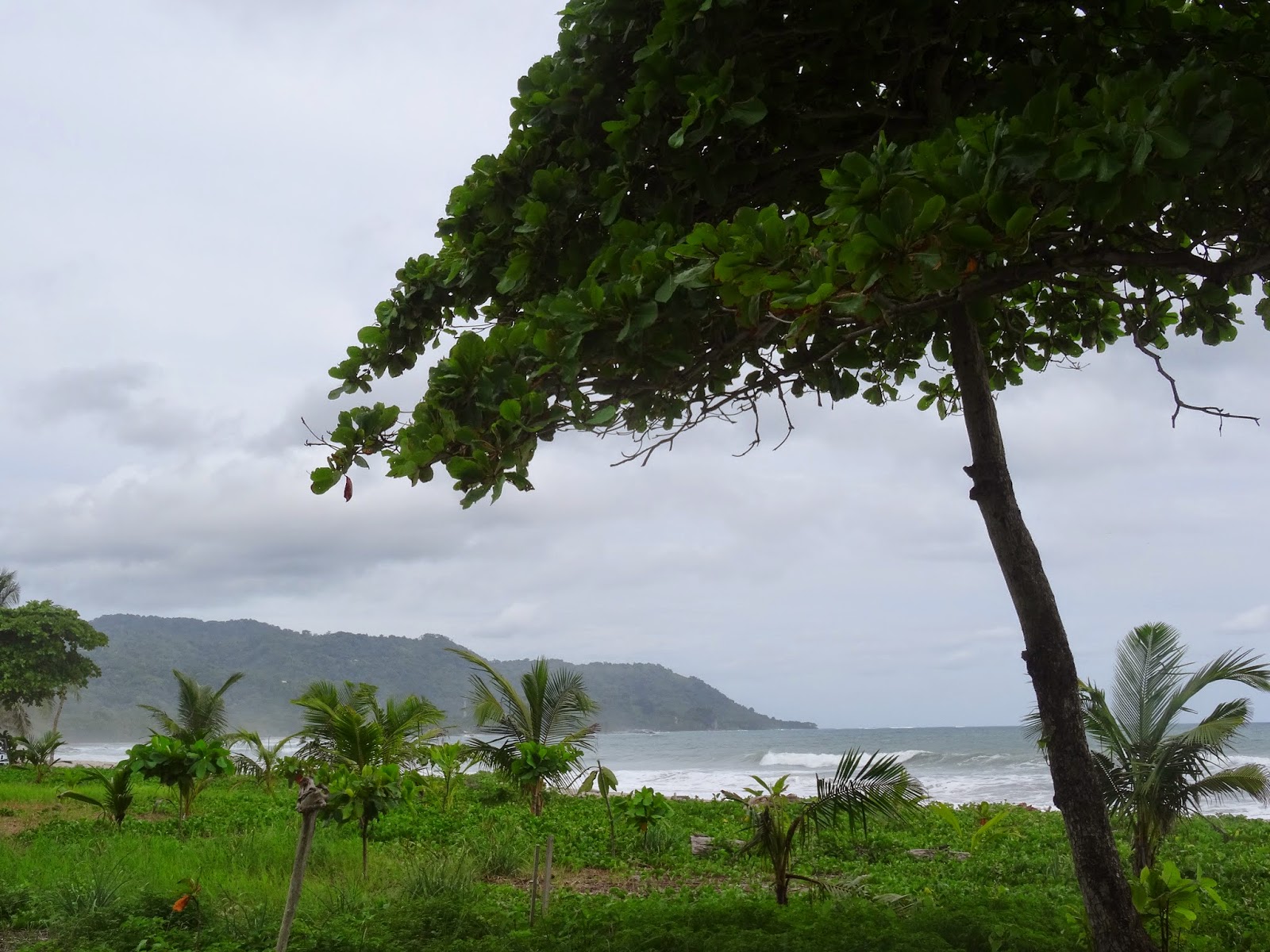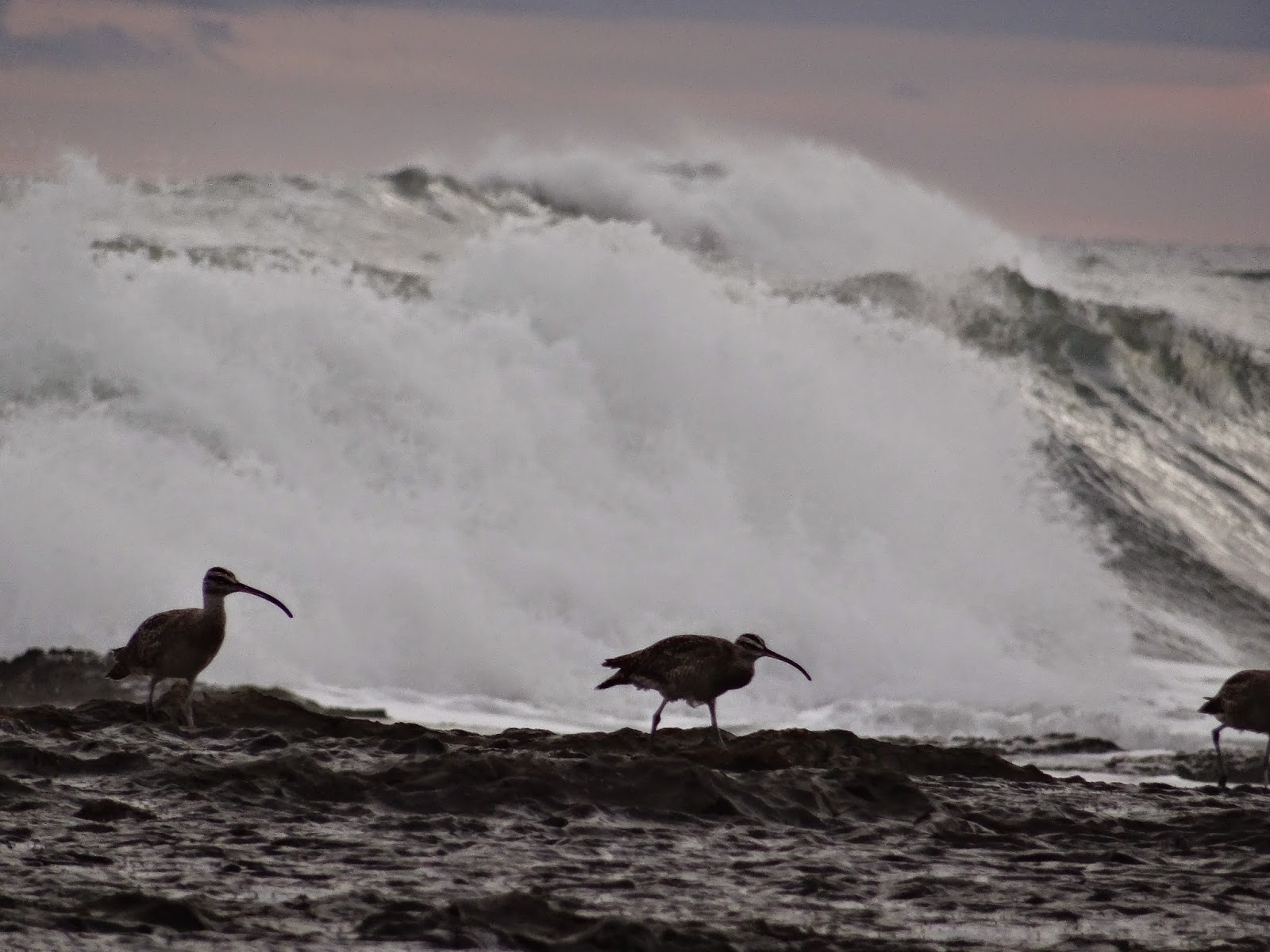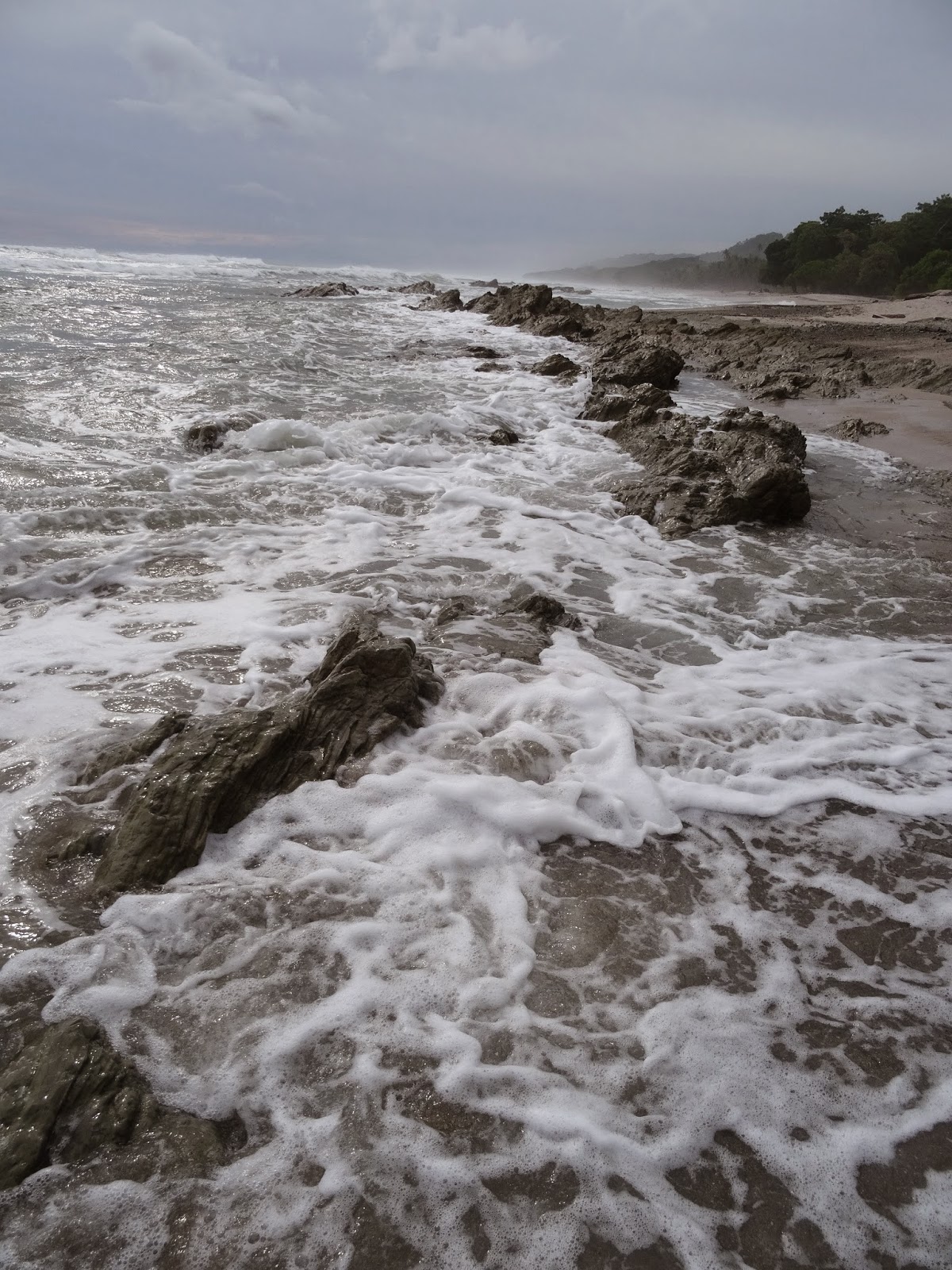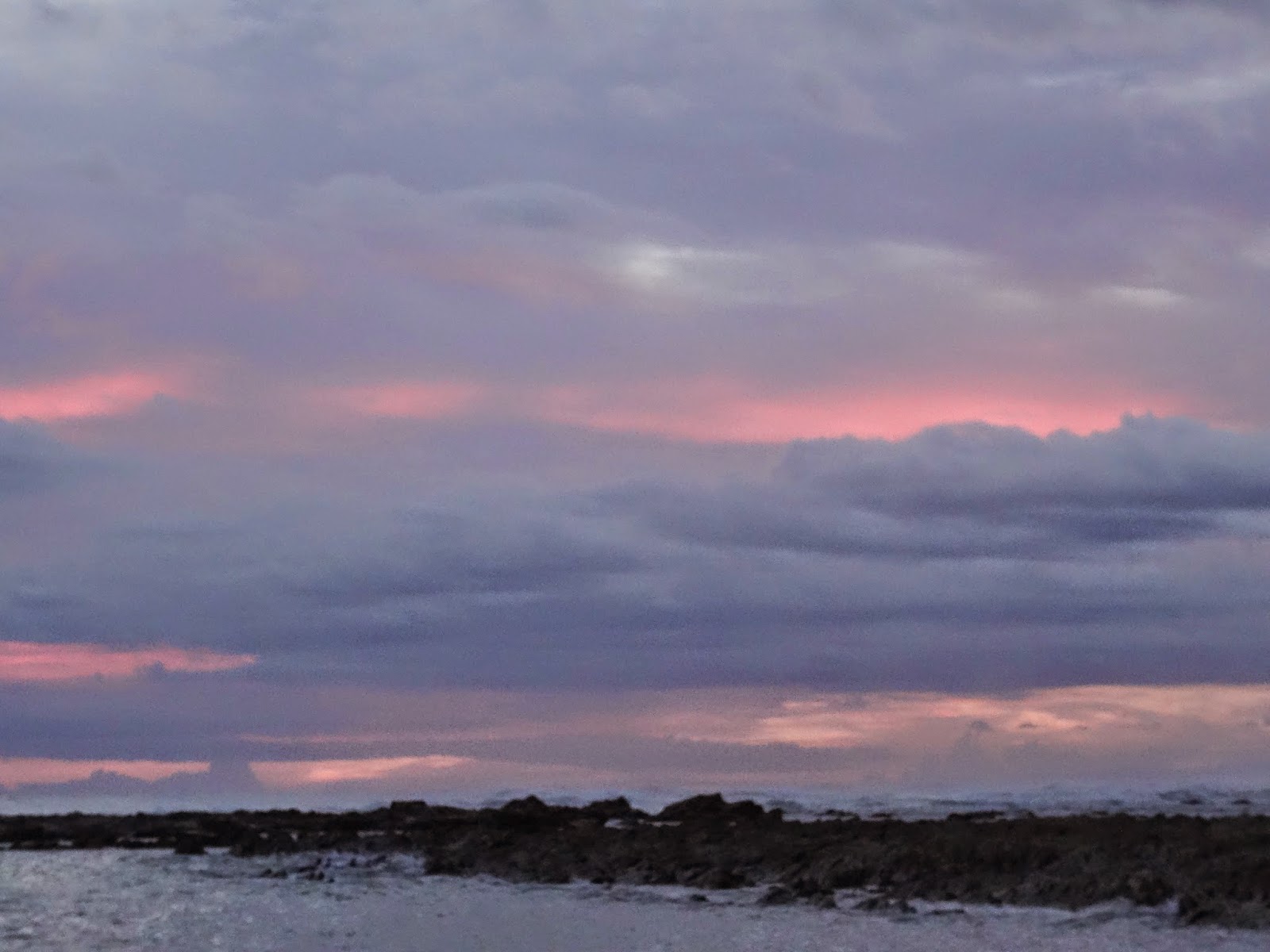I’ve traveled to 15 countries so far; I’ll hit my 16th this month when I go to Panamá for the first time. I could have been a travel agent, I was so precise with my itineraries I designed for myself. Other than three “student ambassador” study abroad trips when I was a pre-teen and teenager, I always did all my own planning.
And boy, was I a planner. I’d research all the cool things to do in the area and map them out so I didn’t go weirdly out of my way. I’d make a printout with the addresses and phone numbers of the places I wanted to go, and check their website to make sure they weren’t closed on the days I wanted to go.
In some ways, this kind of traveling is advantageous. In 2008 I went to Connecticut, at least partially because it was October and I wanted to see a real autumn. (Tennessee, where I lived at the time, doesn’t get a decent fall.) I planned my own “farm tour” by going to the state agriculture department’s website and mapping a large loop around Hartford of any farm that was having a fall festival or pumpkin sale. It was delightful; I spent the day driving my rental car through the gorgeous red and orange countryside, stopping off to have hot cider and pumpkin rolls, pet the occasional goat, and frolic in corn mazes like a mad pixie half my age. I could not have done this without at least some forethought.
I had a nice long weekend for the Anexión de Nicoya public holiday in late July 2014, and my friend Mateo and I decided to go on a weekend trip somewhere. We both knew we wanted to go to the beach. And that was about all we knew. I tossed a few things in my trusty backpack: a swimsuit, flip flops, short shorts so I wouldn’t sleep naked in a room full of other people but still withstand the withering heat of Costa Rica’s coast, underwear, camera, and tank tops. We got up together and took a cab down to one of the main bus terminals, referred to as the Coca Cola station. We decided the day before to go to Santa Teresa.
Old Me would have bought a bus ticket a month before. Old Me would have booked a room in a pre-selected hostel. Old Me would have known the coolest things to do and would have already made contact with a local operator about something fun, perhaps paid for a tour. Old Me would have paid for an expensive InterBus shuttle ($50) with air conditioning and leg room instead of risking a missed public bus.
Instead, Mateo and I got to Coca Cola and stood in a long line eating empanadas that tasted like sawdust at 5:00 AM. There were tons of people in line, as this was a holiday celebrating Costa Rica’s annexation of the very place we had picked as our destination. Oops. Eventually we got to the front of the line, where the driver was taking money (about $4) for tickets directly instead of having people pay at the window. With a grubby hand, he marked our flimsy tickets with a black Sharpie before palming them to us. We hoisted our bags on our shoulders and boarded the bus.
Mateo climbed up ahead of me, then turned around and said, “Uh oh.” His Aussie accent drew out the “oh.”
I climbed up, too, and passed the electronic bars that mean you won’t get your money back if you disembark. They’re very stern about that here, and heaven forbid you stand between them motionless. I scanned the bus for a vacant seat and saw… none. The bus driver had deliberately oversold about 10 tickets, and I was number 10, the very last person allowed on board. Mateo and I fumbled our way to the back and shrugged off our bags. We sat down in the aisle and braced ourselves for a bumpy 8-hour ride with no air conditioning and no seats.
It wasn’t bad once I had the brilliant idea of turning around so we served as each other’s backrests, our sleepy heads lolling against each other as the heat intensified when we started losing altitude. Due to the holiday traffic, it took us about 6 hours to get to Puntarenas, and by then I had already peeled off my t-shirt, not to be donned again until we hit mountains on the way back home. We got out and stretched in the street—ever do yoga wearing a backpack?—and made our way onto the huge ferry. We didn’t bother to watch to see if our bus made it onto the same ferry. We clambered up to the front deck and planted ourselves in the sunshine to watch the waves and the pelicans of the Golfo de Nicoya. The next hour was spent in companionable conversation as the ferry lumbered across the gulf.
Santa Teresa immediately charmed me senseless.
There was a single dirt road that ran parallel to the ocean. It was a little wilder, a little tougher to reach, a little less crowded than the beach town I first called home in Costa Rica, Manuel Antonio. The midday sun beat down on the dirt road and seeped through the soles of our shoes as we walked. We had no hostel picked out, no plans, nothing urgent but the insistent rumbling in our bellies calling for lunch. I loved the misspelled English translation on the lavandería, painted crookedly on a surfboard. I loved the juncture of the two bars at the main intersection with the road inland. I even loved the incessant ATVs zipping past. I especially loved how not every person I saw was an extranjero (foreigner). There was a strip of dense forest between the buildings and the coast, and I could hear the furious roar of the surf but not yet see it.
We dropped our bags, donned our swimsuits, and hightailed it to find food. We ended up at an outdoor taco bar and drank tall glasses of water with our delicious Tico-style burritos and complimented the proprietor on his gorgeous tattoos. We slathered on sunscreen in the dappled shade, paid, and stood up to leave just as the redhead from the bus sat down. We gave her a little wave and finally answered the beckon of the ocean.
The waves were high; our peals of laughter rang out as we got battered by the surf and toyed with by the ceaseless but gentle tug of the rip current.
The beach did not slope easily away from the shore, but surprised us, peppered with sharp rocks concealed beneath the surface. I loved the untamed nature of the place.
Less “paradise” than the placid, peaceful beaches that lie farther south, perhaps, but nirvana for me. No ugly neon blot of hundreds of umbrellas and people listening to loud salsa and reggae on radios. A handful of people spread out along the vast expanse, dotting but not destroying the view from the water. It was so humid, it obscured the far edges of the visible land, made them hazy and indistinct.
Sometimes we spoke of deep things, life things, the magical beauty of this place loosening our tongues and unleashing long-unsaid thoughts and wishes and wonderings. Sometimes we walked in companionable silence as the quiet majesty overtook us.
We saw the storm coming hours before it arrived.
“Looks like it,” Mateo agreed.
And we kept on walking right toward it. Unlike every other person on the beach, we did not scurry for shelter. We had nothing that couldn’t get a little wet. Let it come. I pulled on my thin green beach dress as the wind picked up. We had almost gotten to Playa Cocal when we found a nice rock and sat on it, leaning against each other, watching the storm approach. When the raindrops began they were light, delicate. But as the sky turned inky above us, we realized it was probably foolhardy to perch on the rock in the ocean itself. Foolhardy even for us. So we retreated a few meters onto the shore. Not far enough to be in the trees, though. Neither one of us spoke, but we both wanted this.

The wind became a gale. It came from everywhere all at once, trying to shred my thin cotton dress in its eager fingers. The rain pelted us mercilessly, bullets of stinging water hurled from heaven.
I stood in the eye of the thunderstorm as dusk fell. No umbrella, no coat, just my thin cotton beach dress plastered wetly to my body. Rivers of water poured down my face and between my shoulder blades.
When they arrived, the lightning strikes were so close, I could feel the electricity as they crackled livid purple and rent the air with thunder so loud it seemed the earth was moving. The Pacific roared and churned against the shell beach, all white foam rage. The mist rose up and cloaked the mountains on the other side of the beach as the storm overpowered the entire world. A manic laugh bubbled up through my throat from the tightness of my chest and was swept away by the squall. I raised my arms to embrace the ferocity of the storm. It quite literally took my breath away, and I gasped as if I were drowning.
The only reason we did not stay until the storm passed was nightfall and the realization neither one of us carried a light of any kind. We moved inland, the wind so strong we had to cling to each other to stay upright. We found a track through the woods that had turned into a raging river. We used the light of a Jeep that was stuck in the mud to pick our way back to the single road of Santa Teresa. The rain was already petering off. It took a moment to realize something was not quite right: there were no electric lights as we returned to town. The power had been knocked out. One restaurant’s brave generator chugged away in the darkness. People began to emerge from shelter as the rain died down as suddenly as it had begun. Mateo and I, dripping wet and giggling from adrenaline, walked among saner, dryer folk.
Back at the cabana, our German friend told us we were not allowed to use the shower or toilet as during storms like this, the weak septic system of Santa Teresa simply stopped functioning altogether. So we toweled off, and I used a bottle of water to try to wash the caked sand from beneath my breasts where it had gathered in my swimsuit, and we grabbed a bit of money and went off in search of food.
We ate at a restaurant, though I don’t recall what foods we chose. The power kept flickering on and off and most of dinner was by candlelight. We wandered through town, but there was so little town to speak of, we exhausted our options pretty quickly, so we grabbed some Imperials and returned to the cabana. We lounged on our beds and talked late into the night.
In the morning you could hardly tell anything had happened. Power was back, water ran clear and did not back up, and the WiFi was strong enough for me to work as required while Mateo went to a nearby soda and grabbed us a desayuno tipico, typical breakfast, with gallo pinto, queso Turrialba, natilla, and scrambled eggs.
After I finished working we met up again and spent some time in the hammocks, and then went to the beach and did pretty much the same thing we had done before, swimming, talking, and walking. We collected shells. We did nothing and it was enough; it was more than enough. It was perfect.
We walked until nightfall, when the sand fleas started biting. After sunset we stumbled on a jazz concert and saw the last song as it ended. We sat watching thousands of tiny hermit crabs scuttling along the dry sand under the trees and did not join into the crowd but remained apart, comfortably so. We had a very cheap dinner together at a soda.
We found some shade and lay looking at the sky and waiting for the bus. Eventually it came and we paid and climbed on in time to have seats. It moved through Santa Teresa, collecting more passengers every few hundred meters, and soon there were twenty or thirty people standing packed in the aisle, Seatless. Their bodies and the oppressive heat of Santa Teresa made the bus very uncomfortable, hot and smelly with the lack of air conditioning. We got caught on the other side of the Nicoya peninsula in a long queue of literally hundreds of cars waiting to get on the ferry. Our bus driver was a jerk, thankfully, and passed them all on the wrong side of the road, and it only took an hour to get on the ferry. When we arrived, they didn’t open the doors, and a frustrated tourist demanded, “Why aren’t they letting us off? This is RIDICULOUS!”
I knew such a small spark among people who had been standing on an unstable bus, sweating profusely, might be all it took to convert a crowd from stoic to riotous, so I spoke up, smiling and trying to be as friendly as possible while I smacked down his useless anger. “Because he has to go buy our ferry tickets. You do want to get on the ferry, right?”
He settled down, and two minutes later they let us off the bus. The ferry was packed, and we crammed on board with tons of people, barely enough room to move. There were too many people, and they were all in a hurry, rude to each other and only caring about getting themselves to their destination as quickly as possible.
They threatened to take away the healing peace the storm had wrapped around me, but I breathed deeply and remembered the lightning and the rain, and was calm. Calm in the eye of other people’s storms.
Some people may read this account as a horror story, but for me, it was one of the very best things I have done since I moved to Costa Rica. Even being Seatless was a little thrill of adventure, and the storm… well, the storm was one of the most amazing experiences of my life.
I am free, free, free. Free to fly into storms with the wind, free to wander kilometer after kilometer, free from all restraints that society may try to use to bind me.
If I ever find myself in a place of internal disquiet, I look at my shells and rocks from that special place and recall Santa Teresa, and the friendship and adventure I found there.




























































